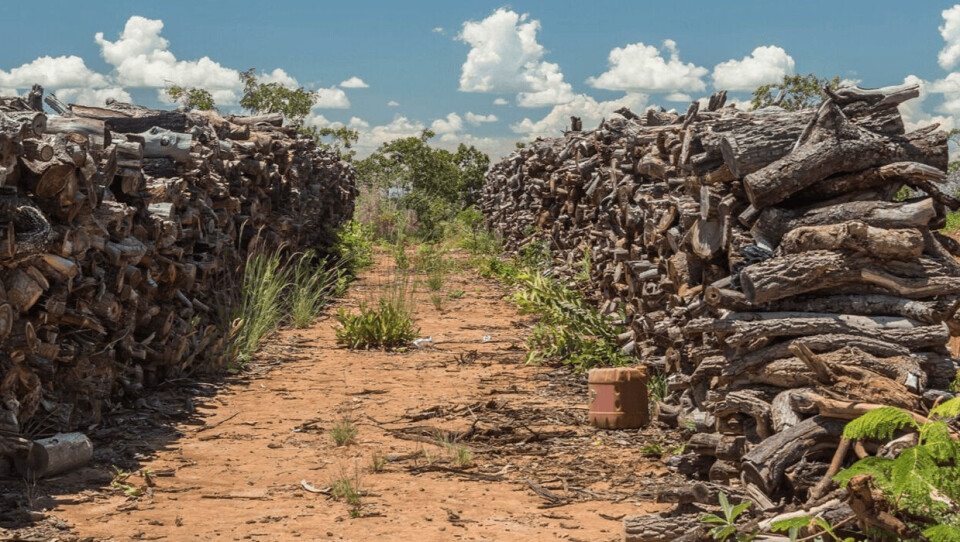
Salmon sector leads the way in fight against deforestation
The European salmon sector has set a world-leading example by ensuring that all the Brazilian soy it uses in feed is grown on land that hasn’t been deforested for crops or cattle grazing.
Three Brazilian soy producers - Caramuru, Selecta and Imcopas – have met an industry deadline to ensure a complete deforestation-free and conversion-free supply chain before the end of 2020.
Conversion soy is the term used to describe soy grown on land that was deforested and then used for a number of years as pastureland before being sold to soy farmers. The industry sees this as ‘indirect’ deforestation.
Sustainable change
Feed producer BioMar, which collaborated with the three soy growers, said that while it has long ensured that soy from deforested areas has not entered its supply chain, the efforts of the Brazilian producers showed that through collaboration the aquaculture industry can lead sustainable change.
“We see this voluntary sector-wide commitment as a benchmark to inspire other global animal protein sectors, as well as other markets linked to the soy supply chain. We celebrate together this relevant private sector-led process for the protection of the unique Brazilian Cerrado,” said Maurício Voivodic, executive director WWF Brazil.
As a result of the commitment by salmon producers, most of the global farmed salmon industry, including the entire European salmon sector, will source soy from Brazilian suppliers whose soybean value chains are 100% deforestation and conversion free.
A decade of collaboration
BioMar global sourcing director Morten Holdorff Møjbæk said the announcement of a deforestation-free supply chain was a testament to over a decade of collaboration and showed the result of establishing long-term commitments with Brazilian soy farmers.
“It also demonstrates the strength of the BioMar supplier approval program (SAAT) and how working together to find solutions can result in systemic change,” said the executive. “We hope all supply chains will be inspired to move in this direction of transparency to ensure an open and traceable aquaculture industry.”
Meat must follow
Ida Breckan Claudi, senior adviser for Rainforest Foundation Norway, said the global pork, poultry and beef industries were lagging behind the salmon sector by still allowing deforestation in their supply chains.
“To stop being complicit in deforestation, the meat industry must follow suit and require their suppliers to become fully deforestation-free,” said Claudi.
BioMar sustainability director Vidar Gundersen said soy used in aquaculture feeds represents less than 0.5% of the total soy production.
“We hope this will inspire change beyond aquaculture to soy sourced in other animal feeds and for human consumption,” he said.






















































